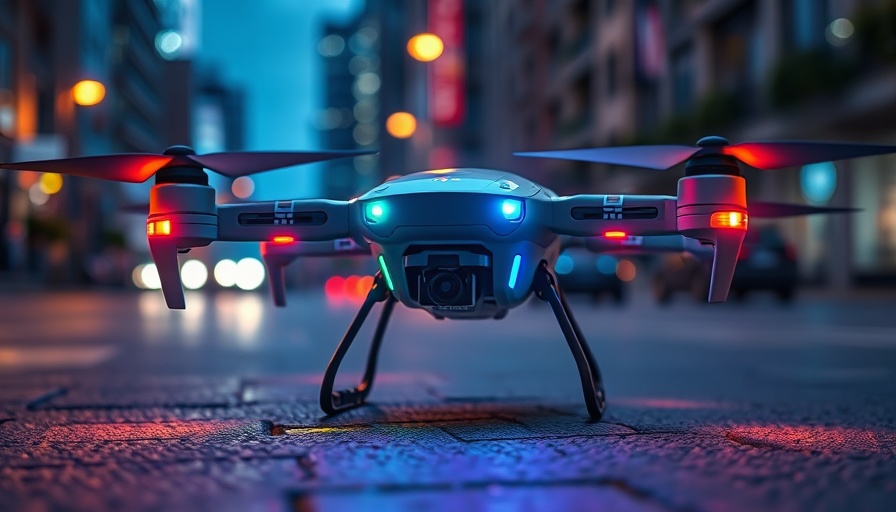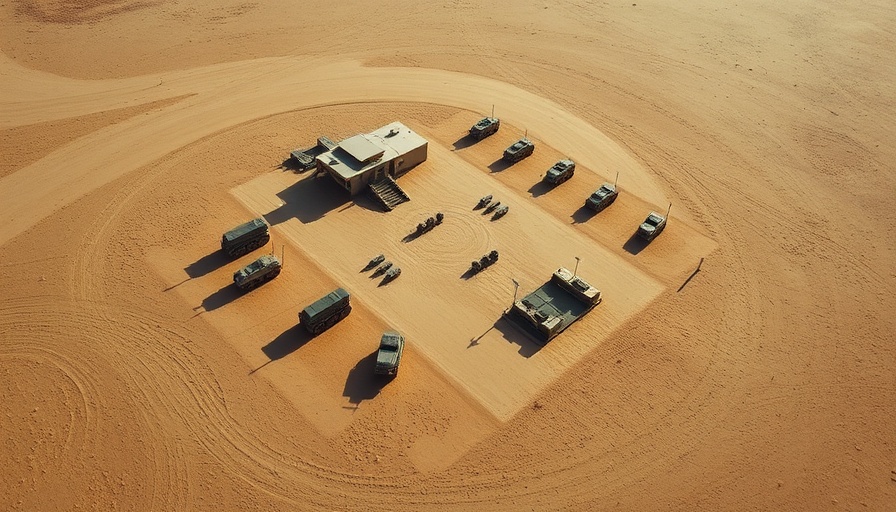
Autonomous Drones Take Flight: A Historic Competition
In a groundbreaking event on April 14, 2025, a drone has officially surpassed human pilots in an international competition, marking a pivotal moment in the evolution of artificial intelligence. The competition unfolded in Abu Dhabi, featuring the Falcon Cup Finals where human pilots raced, alongside the A2RL Drone Championship for AI-powered drones. The event culminated in an exhilarating showdown between state-of-the-art AI drones and skilled human champions.
The Rise of AI in Racing
The drone developed by the MAVLab at Delft University of Technology triumphed in both the A2RL Grand Challenge and the knockout tournament against three former DCL world champions, reaching astonishing speeds of up to 95.8 km/h. Unlike previous AI victories in board games like chess and Go, where the environment was confined to digital platforms, this feat took place in real-world conditions, highlighting the advanced capabilities of physical AI.
Significance of This Milestone
Defeating established champions not only demonstrates the proficiency of AI in navigating complex physical environments but also showcases the rapid advancements in machine learning and autonomous systems. Team lead Christophe De Wagter and his group have developed a robust AI that can control the drone with incredible precision by using a deep neural network that operates motors directly, marking a significant departure from traditional methods that relied on human-like control commands.
Engineering Challenges and Triumphs
This achievement raises interesting discussions around the optimization of sensory inputs in robotic systems. The AI drone relied on a single forward-looking camera, mirroring the minimal sensory resources typically available to human first-person view (FPV) pilots. This not only made the competition more challenging—but it also put the AI to the ultimate test, pushing the frontiers of robotic intelligence.
Implications for Future Technologies
The implications of such advancements extend beyond drone racing. The findings from this competition could revolutionize fields like emergency response and logistics, where autonomous systems need to navigate in dynamic environments with very little oversight. As AI continues to advance, the limits of its application will likely expand, raising ethical questions surrounding human employment and decision-making capacities.
Public Perception and Future Outlook
The rivalry between AI and human pilots in high-speed racing serves not only as entertainment but also sparks intrigue about the future of AI’s role in society. The fusion of machine learning with real-world application presents both opportunities and challenges, fostering discussions about the impacts of AI on jobs and ethical considerations in competitive environments.
This historic moment in drone racing not only captivates tech enthusiasts but also urges policymakers and the public to engage in conversations about managing the growth of AI technologies. The future may very well hinge on our readiness to integrate AI responsibly into our lives and industries.
Stay informed of future developments in AI and consider the implications of these advancements for your industry and daily life. Understanding the trajectory of AI will equip you with the knowledge necessary to navigate this rapidly evolving landscape.
 Add Row
Add Row  Add
Add 




Write A Comment